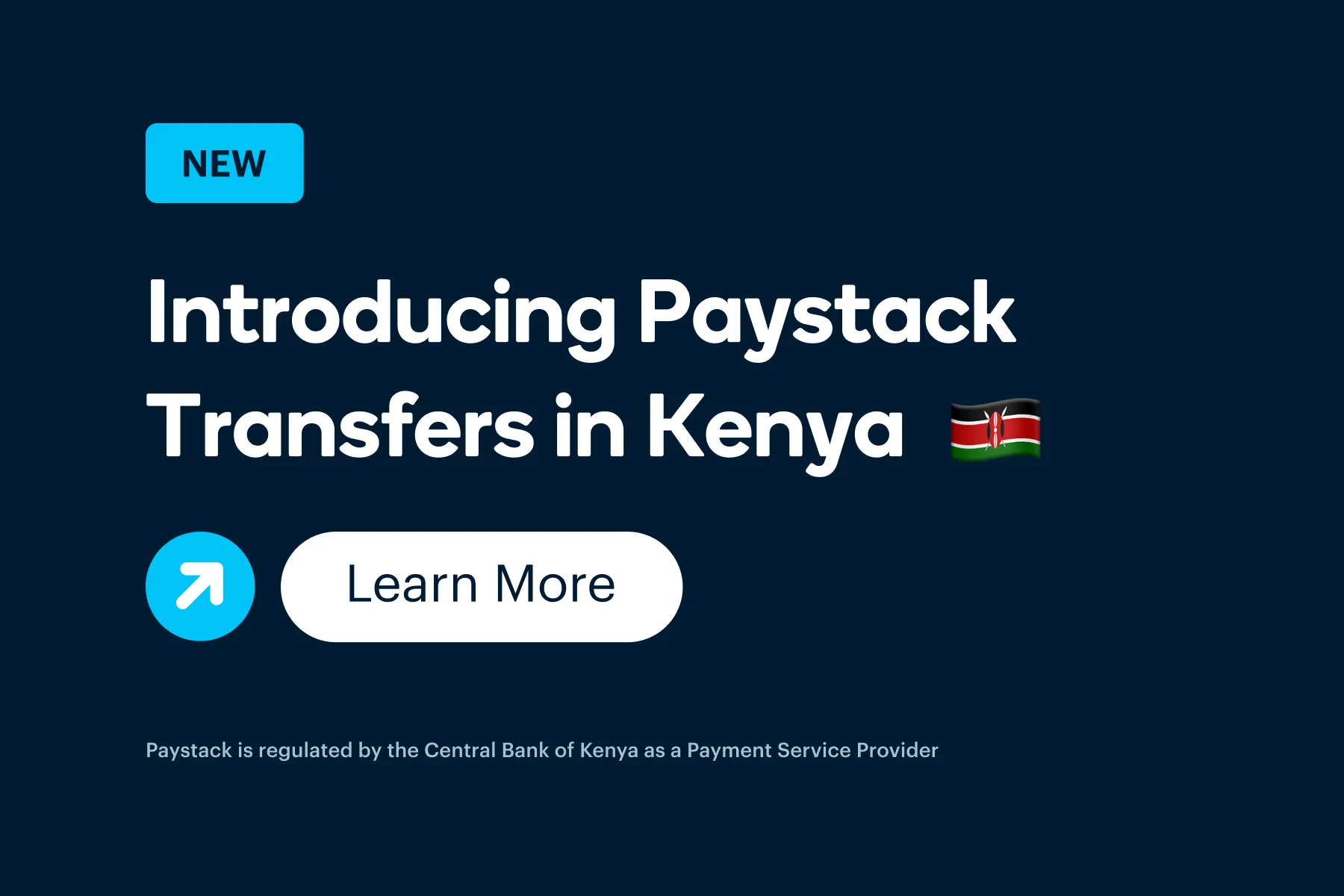

Good morning!☀️
The faceoff between Google, the fifth most valuable company in the world, and the US Department of Justice over the former’s alleged monopoly in the ad-tech market is coming to a close soon.
In September 2023, the DOJ accused Google of monopolising the ad-tech market and stifling competition. Google denied those claims, calling them outdated. Yesterday, after a two-week trial, both sides had 90 minutes to give final addresses on their cases. Now, all that’s left is the judge’s decision.
The DOJ remains hot on Google’s tails to break up its Chrome browser, which could give other players like DuckDuckGo and new entrant OpenAI—that is considering making its own browser—a window into the search market.

Cybersecurity
South Africa’s battles with cyberattacks

We may sound like a broken record when we say cyberattacks are a growing threat across Africa, but the numbers don’t lie.
South Africa alone—the most targeted African country—accounted for 22% of all attacks on the continent between Q1 2023 and Q3 2024. Egypt suffered 13% of these attacks, while Nigeria and Algeria remain key targets for hackers.
On the dark web, South Africa dominated mentions, accounting for 25% of all forum posts, showing a sustained interest from cybercriminals.
These details are contained in a report by cybersecurity firm Positive Technologies. Per the report, government entities and financial institutions were prime targets for cyberattacks, with 22% of these attacks being successful.
In 2024 alone, South Africa’s public diagnostic provider, trade commission, and intellectual property records were all breached in separate cyberattacks.
Hackers employed advanced persistent threats (APTs) which involve lurking around an organisation’s data hierarchy and remaining undetected for a long time.
These complex hacks have hit South Africa hard in the last few years. In July 2024, South Africa’s public works minister Dean Macpherson revealed that the country has lost R300 billion ($16.5 million) through cyberattacks in the last decade.
Another disturbing revelation from the report is how hackers are forming colonies on the dark web. This allows them to share data of African government entities among themselves for free. They also sell access to company networks for around $2,970 (R53,784).
Hackers are also targeting Africa’s industrial and telecom sectors—especially telcos—trying to steal sensitive information they use to do more damage on other fronts.
In 2023, Nigeria’s Globacom suffered a DDoS attack which left employees unable to access company systems for weeks. In September 2024, South Africa’s Telkom suffered a data breach.
The real danger is how these bad actors share data for free as if one is rooting for the other to succeed. If companies are learning to fly without perching, these bad actors are learning to shoot without missing.
Read Moniepoint’s Case Study on Funding Women

After losing their mother, Azeezat and her siblings struggled to keep Olaiya Foods afloat. Now, with Moniepoint, they’re transforming Nigeria’s local buka scene. Click here for a deep dive into how Moniepoint is helping her and other women entrepreneurs overcome their funding challenges.
Banking
Union Bank of Nigeria increases staff salaries by 40%

When we reported in September 2024 that GTBank, Nigeria’s cost-efficient leader in commercial banking, raised staff salaries by 40%, a colleague said it could prompt other banks to consider similar raises.
That prediction was right.
Two months later, Union Bank of Nigeria, a tier-2 commercial bank, increased salaries by 40% for all employees from executive trainees to general managers. The bank hopes the increase will help its over 2,000 employees cope with Nigeria’s rising cost of living, thanks to a rapidly-devaluing naira and inflation.
Executive trainees, who previously earned a ₦260,000 ($153) salary, will now take home ₦364,000 ($215) monthly. Senior banking officers (SBO) will now earn ₦20 million ($12,000) in annual gross salary. No better time to start a banking career, if you ask us.
The revised compensation is a win-win for Union Bank. It is great news for employees whose salaries have been pressured by the macroeconomic condition. It also helps the bank to remain competitive in an industry where employees often move between banks for better pay.
The salary bump will also increase what Union Bank spends on employee overhead costs. In 2023, the bank spent ₦34 billion ($20.2 million) in paying salaries alone. With the 40% increase, its new wage bill could reach ₦47.6 billion ($28.2 million)
Get Fincra’s Embedded Finance and BaaS Report 2024 for FREE

Fincra in collaboration with The Paypers have released the Embedded Finance and Banking-as-a-Service Report 2024. This report examines the key challenges and innovative solutions defining the future of seamless cross-border payments and remittances across the continent, among other topics, with key experts.
Economy
Egypt to tax imported mobile phones

When a country wants to encourage local production and reduce dependence on imports, it raises customs and tax fees.
Egypt is doing just that with a new tax structure on imported smartphones. Under the new rule, mobile phones could be subject to customs and tax fees totaling 37.5%, including a 5% development fee.
Once a new phone is activated with a SIM card, users will have a three-month grace period before being required to pay these fees, or risk having their service suspended.
Egypt’s motivation is two-fold. First, the government wants to deal with the indiscriminate smuggling of smartphones with about 99% of smartphones operating in Egypt being unregistered. Second, it wants to encourage local smartphone manufacturing where foreign investments are increasing, and local factories are growing in number.
It has been partnering with top original equipment manufacturers (OEMs) in the last two years. In 2023, Chinese phone makers Samsung, Vivo, and Finland’s giant Nokia established three production factories in Egypt due to its strategic location and access to the Middle East and Arab markets. OPPO, another Chinese phone manufacturer, is also in talks with the country’s communications regulator to open a factory after signing an MoU in 2022.
This will make Egypt a regional hub for phone production to reach its target of 11.5 million smartphones yearly, serving local demand and export needs.
Global manufacturers like Apple could see demand drop due to the tariff hike. Samsung controls Egypt’s $3.3 billion smartphone vendor market in Egypt with 26%; OPPO follows closely at 17%; and Apple comes third with 14%.
The new tax rule could also benefit local phone manufacturers like SICO Technology which currently controls a negligible amount of the smartphone vendor market in Egypt.
For Apple and Transsion, only two options remain: they could wager their bets on brand loyalty for consumers to pay an extra 37.5% on these phones they buy, or move quickly to invest in Egypt. Apple is no stranger to assembling its phone parts in different countries. Egypt is Africa’s third-biggest smartphone market with 12% of all imports into the continent.
Introducing Paystack transfers in Kenya 🇰🇪

Paystack merchants in Kenya can now send single and bulk transfers to any Kenyan bank or MPESA account (including customer wallets, Paybills, and Tills) Learn more →
CRYPTO TRACKER
The World Wide Web3
Source:

|
Coin Name |
Current Value |
Day |
Month |
|---|---|---|---|
| $94,298.71 |
– 3.88% |
+ 40.52% |
|
| $3,418.02 |
+ 0.94% |
+ 37.92% |
|
| $0.00003914 |
+ 0.97% |
+ 300.81% |
|
| $237.06 |
– 6.53% |
+ 37.32% |
* Data as of 06:15 AM WAT, November 26, 2024.
Opportunities
- Applications are open for the 2025 Acumen West Africa Fellows Programme, a fully funded opportunity for emerging leaders in West Africa. This six-month hybrid program supports individuals who are committed to solving poverty through entrepreneurship in sectors like education, agriculture, energy, and healthcare. Participants remain in their jobs while engaging in virtual and in-person learning experiences designed to build their leadership skills. Apply by November 25.
- Applications are open for the 2025 Google for Startups Growth Academy: AI for Cybersecurity, a three-month hybrid program for Seed to Series A startups using AI to tackle cybersecurity challenges. Selected startups will receive equity-free support, mentoring from Google experts, and tools to scale internationally. The program includes in-person kickoff and graduation sessions, along with continuous mentorship and technical consulting. Apply by December 3.
Get 60% off Google Workspace for a Year

Pay for Google Workspace in Naira with Mercurie and save up to 5% monthly! Enjoy seamless payments, avoid currency hassles, and keep your business running smoothly. Simplify your subscription today. Click here now to get started!

Written by: Emmanuel Nwosu & Faith Omoniyi
Edited by: Timi Odueso & Ganiu Oloruntade
Want more of TechCabal?
Sign up for our insightful newsletters on the business and economy of tech in Africa.
- The Next Wave: futuristic analysis of the business of tech in Africa.
- Entering Tech: tech career insights and opportunities in your inbox every Wednesday at 10 AM WAT.
- TC Scoops: breaking news from TechCabal
P:S If you’re often missing TC Daily in your inbox, check your Promotions folder and move any edition of TC Daily from “Promotions” to your “Main” or “Primary” folder and TC Daily will always come to you.






















